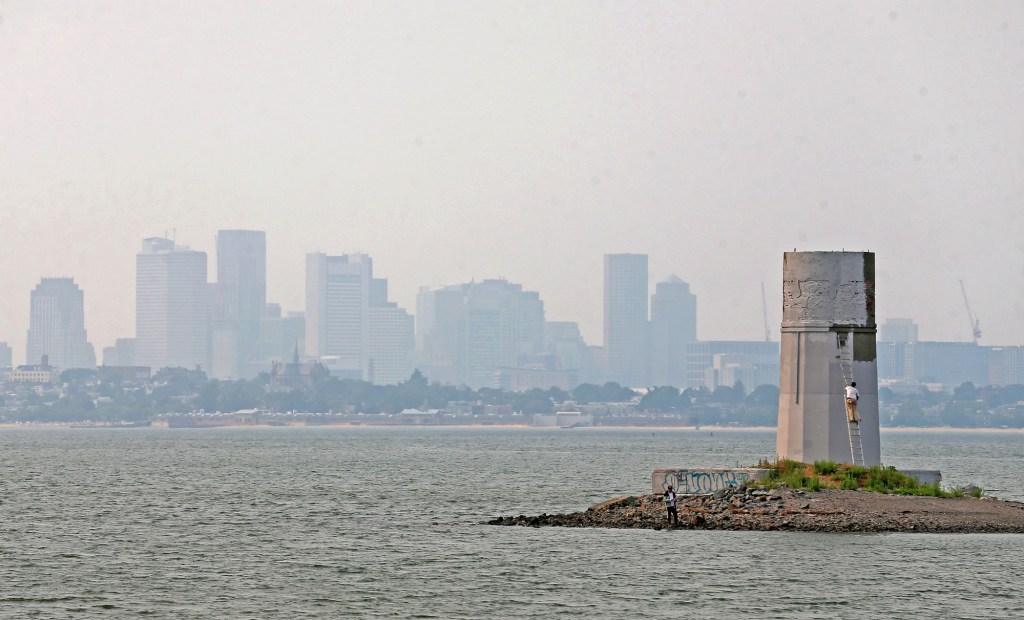Outdoor air pollution may raise the risk for non-lung cancer in older adults, with even low levels of air pollution exposure increasing the chances for prostate, colorectal, breast, and endometrial cancers.
That’s according to a new Harvard T.H. Chan School of Public Health study of millions of Medicare beneficiaries. The researchers found that chronic exposures to fine particulate air pollutants (PM2.5) and nitrogen dioxide (NO2) over a 10-year period increased the risk of developing cancer.
PM2.5 has been in the news during the last couple of months because that’s the concerning air pollutant from the Canadian wildfire smoke, which has wreaked havoc across the U.S.
While air pollution in the past has been established as a risk factor for lung cancer — and a link to breast cancer risk has been emerging — few studies have looked at its effects on prostate, colorectal, and endometrial cancer risk.
“Our findings uncover the biological plausibility of air pollution as a crucial risk factor in the development of specific cancers, bringing us one step closer to understanding the impact of air pollution on human health,” said Yaguang Wei, research fellow in Harvard T.H. Chan School of Public Health’s Department of Environmental Health.
“To ensure equitable access to clean air for all populations, we must fully define the effects of air pollution and then work towards reducing it,” Wei added.
Researchers in the study looked at data from Medicare beneficiaries aged 65 or older, collected from 2000 to 2016. All subjects were cancer-free for at least the initial 10 years of the study period.
The researchers created separate cohorts for each type of cancer — breast, colorectal, endometrial, and prostate — with between 2.2 million and 6.5 million subjects in each cohort.
The scientists were then able to create a predictive map of PM2.5 and NO2 concentrations across the country. This was then linked to beneficiaries’ ZIP codes, so the…
Read the full article here







